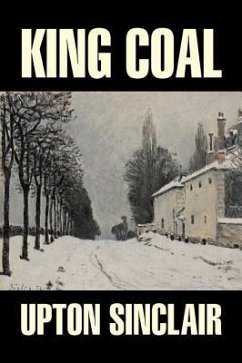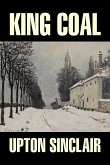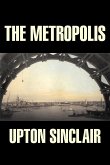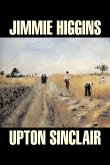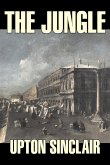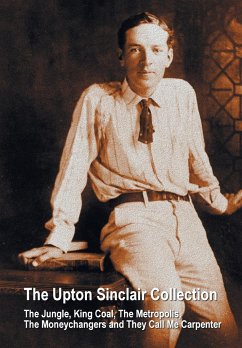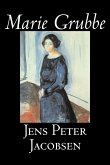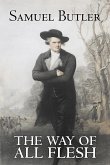A fellow determined to find the truth for himself about conditions in the mines, runs away from home and adopts the alias "Joe Smith." After being turned away by one coal mine for fear of Hal being a union organizer, he gets a job in another coal mine operated by the General Fuel Company, or GFC. In the mines he befriends many of the workers and realizes their misery and exploitation at the hands of the bosses. What he found there was abhorrent -- thus begins the tale of unionization and the advocacy workers' rights. Unionization, however, is easier spoken of than it is accomplished. It was a dangerous task -- for the leaders of the coal mines were hardened men, men who would not stop at petty threats and minor violence. Upton Sinclair is best known for writing The Jungle -- a novel that exposes the practices of the meat packing industry that lead to governmental investigations and changed food laws in America.
Bitte wählen Sie Ihr Anliegen aus.
Rechnungen
Retourenschein anfordern
Bestellstatus
Storno

